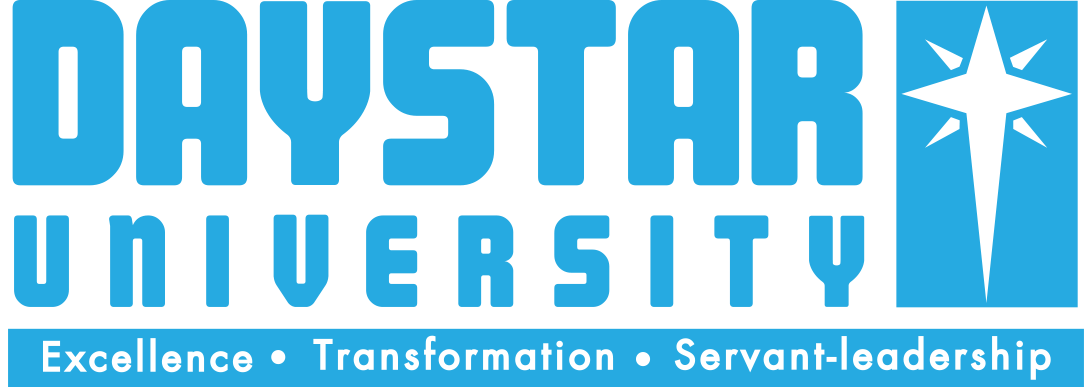
Faculty Pedagogy Workshop
On January 28, 2022, the office of the Deputy Vice-Chancellor, Academics, Research and Students Affairs (ARSA) together with the Directorate of Academic Affairs carried out a refresher workshop for both fulltime and part time faculty of Daystar University. The aim of the workshop was to strengthen the Problem Based Learning (PBL) mode of teaching.
While giving his remarks, the Vice Chancellor, Prof. Laban P. Ayiro stated that moving forward he shall pay keen attention to student’s complaints against lecturers to curb the frustration of students.
The Vice- Chancellor also encouraged the lecturers to adopt the PBL mode of instruction, observing that the greatness of a university lies in its transmission of knowledge to the students, and it beats logic when PBL is left to students without supervision. He also emphasized that as a University, we need to desist from writing literature reviews as summaries but do critical review that will arouse more questions in the students, “that is what will make Daystar University different,” he added.
Prof. Faith Nguru, the DVC-ARSA called on the lectures to put in an effort and embrace the PBL mode of teaching and learning stating that it is the way to go if the goal is to make Daystar University graduates different and resourceful in the job market. She also encouraged the lecturers to be more invested in both the spiritual and intellectual needs of their students.
Prof. Violet Naanyu, an Associate Professor in the School of Arts & Social Science (SASS) at Moi University expressed her confidence in PBL stating that it helps the learner retain information and help them grasp as much as possible as they solve problems. “PBL is a spiral way of building up. Unlike traditional instruction that culminates in a problem after basic instruction on facts and skills (sometimes in the forms of a test or exam), PBL begins with a problem, teaching facts and skills in a relevant context,” she stated.
Dr. Mary Mwangi, Dean School of Education, International Leadership University (ILU), while handling the topic Teaching Christianly called on the lecturers not just to be interested in the intellectual development of the students but also meet their spiritual and physical needs while treating them with dignity and compassion. On integration of Faith in teaching, Dr. Mwangi said that integration of faith and learning works better when we use the practical approaches and not just theories. She also encouraged questioning of facts before integration which is what PBL is all about.
Dr. Muriithi, Director of Academic Affairs, submitted findings of a survey that was carried out by the directorate of academic affairs, observing that the purpose of the survey was to assess schools’ performance in terms of quality teaching and the level of PBL adoption. According to the survey, 62.1% of HODs, 57.4% of Deans and 78.2% of Administrators are available to attend to student needs. 71.5% of students remarked that the schools offer quality teaching. However, it was a concern since close to 30% are not confident in the quality of education offered by their Schools, this is a concern since it reflects on the University as a whole. On the brighter side, 81% of students expressed their satisfaction in the programs stating that that they are transformational and 84% of the programs are preparing them for the job market since they have adopted the PBL mode of teaching.
The following recommendations were given to improve teaching and learning:
- There is need for continue training in PBL and more practical training on course materials.
- Daystar University needs to decide the structure of its PBL which may not necessarily fit in the traditional PBL model.
- Effective implementation of PBL takes time, commitment, dedication and self-sacrifice.
- The university needs to set aside resources to develop PBL if it has to work.
- Collaboration with PBL practicing institutions will enhance PBL implementation.
- Strong values, integrity and standards should guide lectures in their teaching.
- Lectures should take time to prepare and plan before attending lessons.
